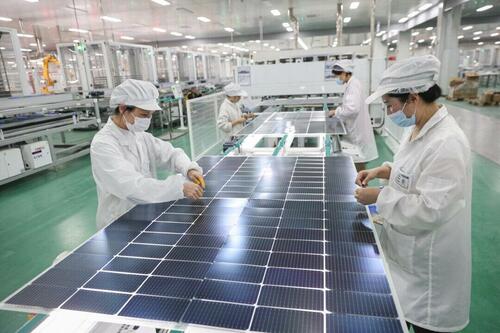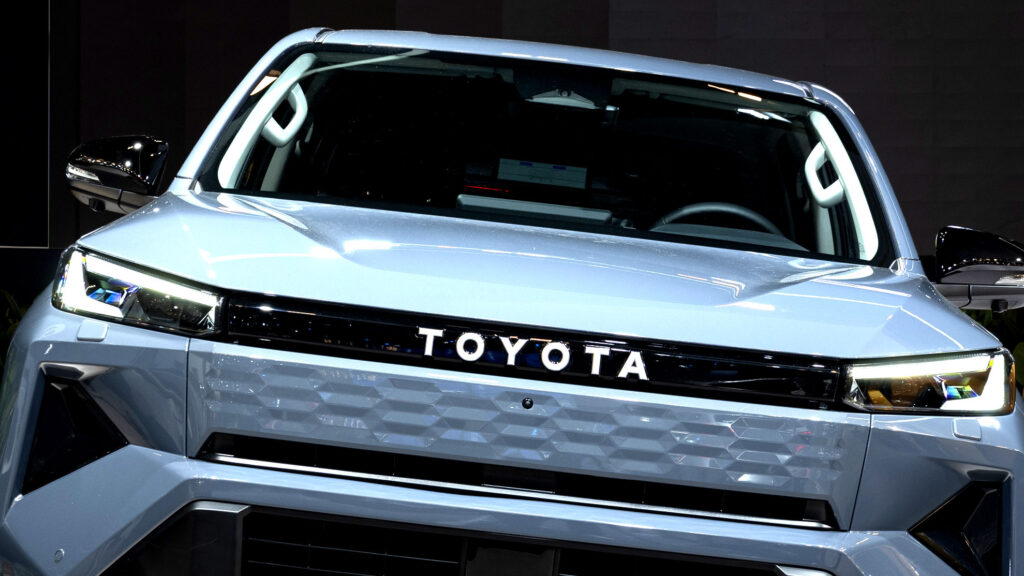China's ambitious green revolution, once perceived as a pathway to economic dominance and global leadership, is now facing significant challenges. The Chinese Communist Party (CCP) has heavily invested in green technology, viewing it as a strategic opportunity to undermine Western energy infrastructures while bolstering its own economic and military capabilities. With annual green investments skyrocketing to $890 billion in 2023, China has positioned itself as a leader in solar panels, electric vehicles, and lithium-ion batteries. However, this reliance on green subsidies, particularly from the West, raises concerns about the sustainability of its economic model, especially as scientific scrutiny questions the foundational premises of aggressive climate policies that have fueled such investments.
The implications of potential shifts in U.S. policy, particularly under the Trump administration, could be dire for China's green ambitions. Recent reports suggest that the scientific rationale for stringent climate regulations may be flawed, potentially leading to a reevaluation of subsidies that have supported China's green technology boom. As the U.S. moves toward repealing the carbon dioxide endangerment finding, the viability of China's green sector could be jeopardized, threatening its economic growth and technological prestige. The CCP's heavy investment in green technology, while initially a boon, may soon become a liability if Western support wanes, highlighting the precarious balance between environmental aspirations and economic realities in the global landscape.









